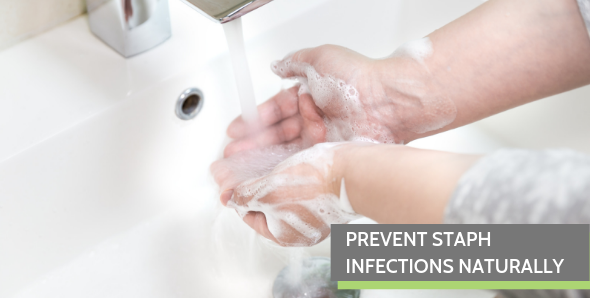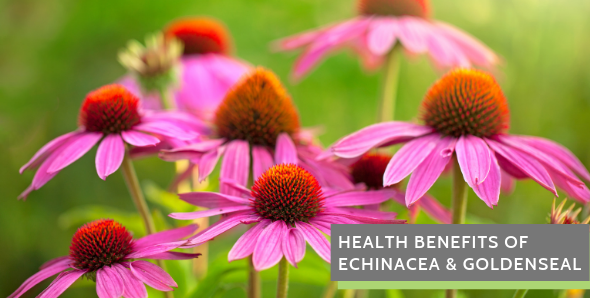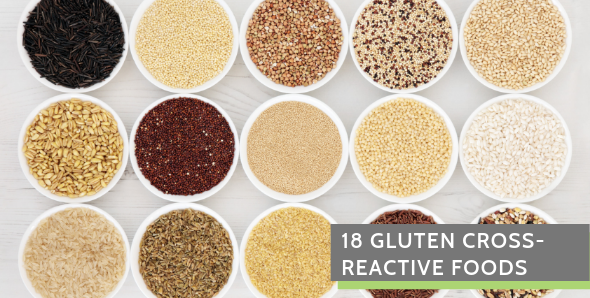
MRSA: Natural Methods for Prevention
By Gene Bruno, MS, MHS
Whether you call it "staph", "staph A" or “MRSA” (pronounces mersa), it’s all the same: Methicillin-resistant Staphylococcus aureus. MRSA is a bacterial infection which is resistant to methicillin and other antibiotics in the penicillin family.1 Although staph is a common bacterium found on the skin of healthy people2 , if staph gets into the body it can cause a minor infection such as boils or pimples or serious infections such as pneumonia or blood infections. In fact, MRSA symptoms are similar to those for any type of Staph infection:
- Skin appears red and inflamed around wound sites;
- In serious cases may include fever, lethargy, and headache;
- Urinary tract infections, pneumonia, toxic shock syndrome, and even death.3




